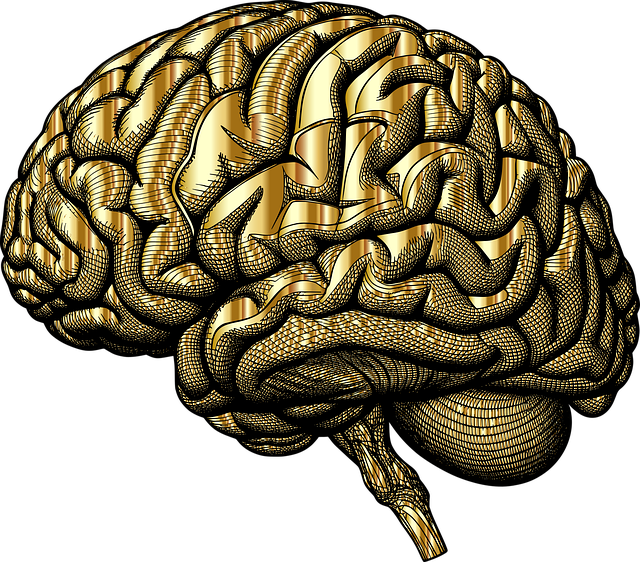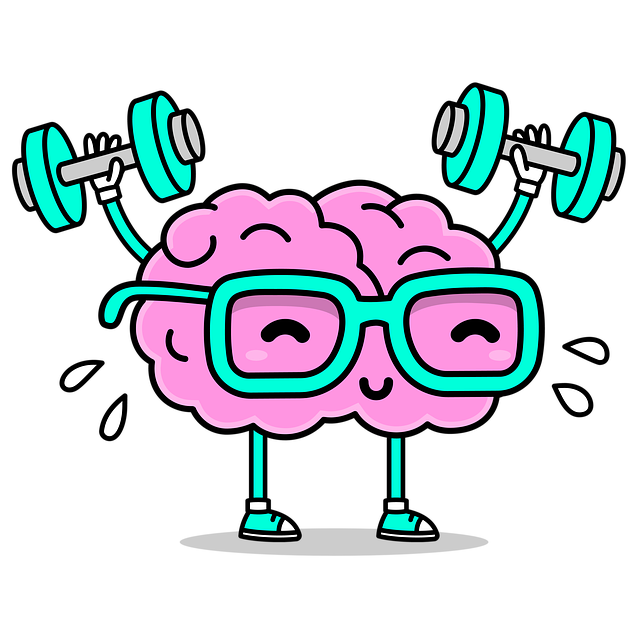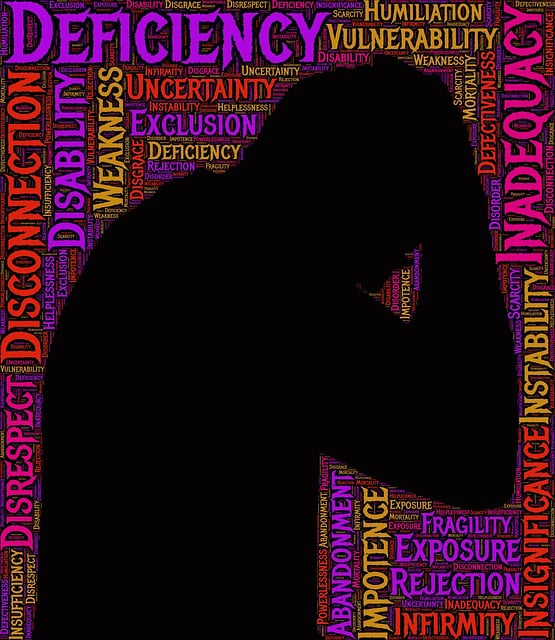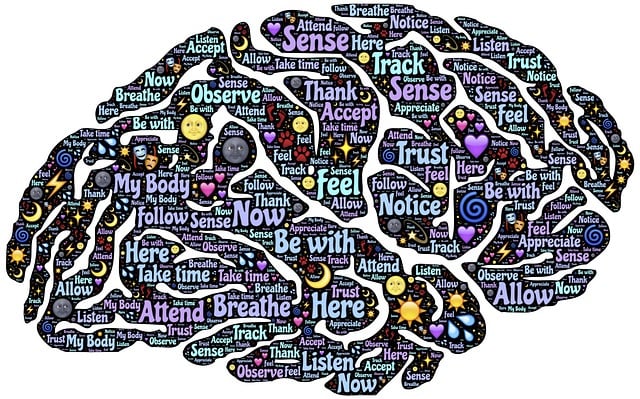Despite advancements, mental health diagnosis remains challenging, with misdiagnosis and delayed treatment common. Highlands Ranch Relationship Issues Therapy has gained prominence, offering hope through nuanced approaches that combine traditional methods like CBT with emerging techniques. Accurate diagnosis is crucial, necessitating cultural competency training for therapists, burnout prevention strategies, and trauma support services. Technology, data analysis, and advanced training are revolutionizing diagnosis accuracy, enabling effective treatment plans for individuals in Highlands Ranch and beyond.
Mental illness diagnosis accuracy is a critical aspect of healthcare, especially in addressing complex conditions like those encountered in Highlands Ranch Relationship Issues Therapy. The current landscape faces challenges, from subjective symptoms to interprofessional disparities, hindering consistent and precise diagnoses. This article explores innovative approaches to enhance accuracy, focusing on technology, data analysis, and advanced training for professionals. By delving into these strategies, we aim to improve outcomes for patients navigating mental health complexities in Highlands Ranch and beyond.
- Understanding Mental Health Diagnosis: The Current Landscape
- Challenges in Diagnosing Relationship Issues in Therapy
- Innovative Approaches to Enhance Accuracy
- The Role of Technology and Data Analysis
- Training and Support for Healthcare Professionals
Understanding Mental Health Diagnosis: The Current Landscape

Mental health diagnosis has come a long way, but accuracy remains a complex challenge. In today’s world, Highlands Ranch relationship issues therapy has gained significant prominence, offering hope and support to those struggling with various mental health conditions. However, misdiagnosis or delayed diagnosis are still prevalent, leading to inadequate treatment plans and negative outcomes for patients. This issue is particularly concerning given the wide range of mental health disorders, each with unique symptoms and requirements.
The current landscape involves a blend of traditional methods and emerging approaches. Therapists in Highlands Ranch utilize evidence-based practices such as cognitive-behavioral therapy (CBT) and mindfulness techniques to help individuals develop positive thinking patterns and conflict resolution skills. Additionally, risk management planning for mental health professionals is an essential aspect, ensuring therapists are equipped to handle complex cases effectively. While these strategies have shown promise, continuous efforts are needed to enhance diagnosis accuracy, especially in managing subtle or co-occurring disorders.
Challenges in Diagnosing Relationship Issues in Therapy

Diagnosing relationship issues within therapy settings poses unique challenges, particularly as these problems often manifest indirectly and are interwoven with other psychological dimensions. In Highlands Ranch Relationship Issues Therapy, the complexity lies in discerning subtle cues and patterns that indicate underlying relationship dynamics. Many clients struggle to communicate their feelings or may present with symptoms unrelated to their primary relationships, making accurate diagnosis a delicate process.
Enhancing accuracy requires a multi-faceted approach. Healthcare provider cultural competency training plays a crucial role by equipping professionals with the skills to navigate diverse client backgrounds and communication styles. Building resilience among healthcare providers is equally essential to prevent burnout, ensuring sustained focus and objectivity during diagnostic assessments. Additionally, integrating burnout prevention strategies can foster a more supportive therapeutic environment, encouraging clients to open up about their personal relationships.
Innovative Approaches to Enhance Accuracy

In recent years, efforts to enhance mental illness diagnosis accuracy have taken center stage, particularly in high-pressure settings like Highlands Ranch Relationship Issues Therapy centers. Innovative approaches are emerging that go beyond traditional methods. One notable strategy is incorporating burnout prevention techniques for healthcare providers. By implementing burnout prevention strategies, therapists can maintain higher levels of attention and focus during assessments, leading to more precise diagnoses.
Additionally, cultivating compassion through practices like compassion cultivation has shown promise in improving diagnostic accuracy. This approach not only strengthens the therapeutic relationship but also enables professionals to perceive patients’ experiences with greater empathy. Moreover, integrating trauma support services into the diagnosis process is crucial for understanding and addressing underlying trauma that may impact symptom presentation. These holistic techniques contribute to a more nuanced and accurate mental health care system in Highlands Ranch and beyond.
The Role of Technology and Data Analysis

In the realm of mental health diagnosis, technology and data analysis play a pivotal role in enhancing accuracy and improving patient outcomes, particularly within contexts like Highlands Ranch Relationship Issues Therapy. Advanced digital tools enable thorough evaluations by analyzing vast amounts of data, including historical medical records, patient symptoms reported through online platforms, and even social media interactions. This comprehensive approach allows for more nuanced understanding of individual cases, leading to precise diagnoses.
Moreover, technology facilitates continuous learning and adaptation in coping skills development and emotional intelligence. Online resources and mobile applications can provide tailored interventions and support networks for individuals dealing with mental health challenges. Public awareness campaigns built upon robust data can educate communities about various disorders, breaking down societal barriers and encouraging early intervention. This integrated use of technology, data analysis, and public engagement is transformative, ensuring better access to accurate diagnoses and effective treatment options for everyone seeking help, whether in Highlands Ranch or beyond.
Training and Support for Healthcare Professionals

In efforts to enhance mental illness diagnosis accuracy, healthcare professionals in Highlands Ranch Relationship Issues Therapy centers are increasingly receiving advanced training and support. These programs focus on the latest research and best practices in mental health assessment, prioritizing skills like empathy building strategies and effective communication techniques. Mental wellness coaching programs development has become a cornerstone of these initiatives, empowering therapists to tailor their approaches based on individual patient needs.
Through comprehensive mental health education programs design, professionals learn to recognize subtle nuances and complex presentations of various disorders. This includes mastering diagnostic tools and staying updated with clinical guidelines. Such holistic training not only improves diagnosis accuracy but also fosters a more empathetic environment, enhancing the therapeutic experience for patients in Highlands Ranch and beyond.
Mental illness diagnosis accuracy is a multifaceted challenge, particularly in identifying complex Highland Ranch relationship issues within therapy. The current landscape highlights the need for innovative approaches, enhanced data analysis, and comprehensive training programs. By leveraging technology and prioritizing professional support, we can significantly improve diagnostic accuracy, ensuring more effective treatment plans for individuals facing mental health challenges in Highlands Ranch and beyond.











